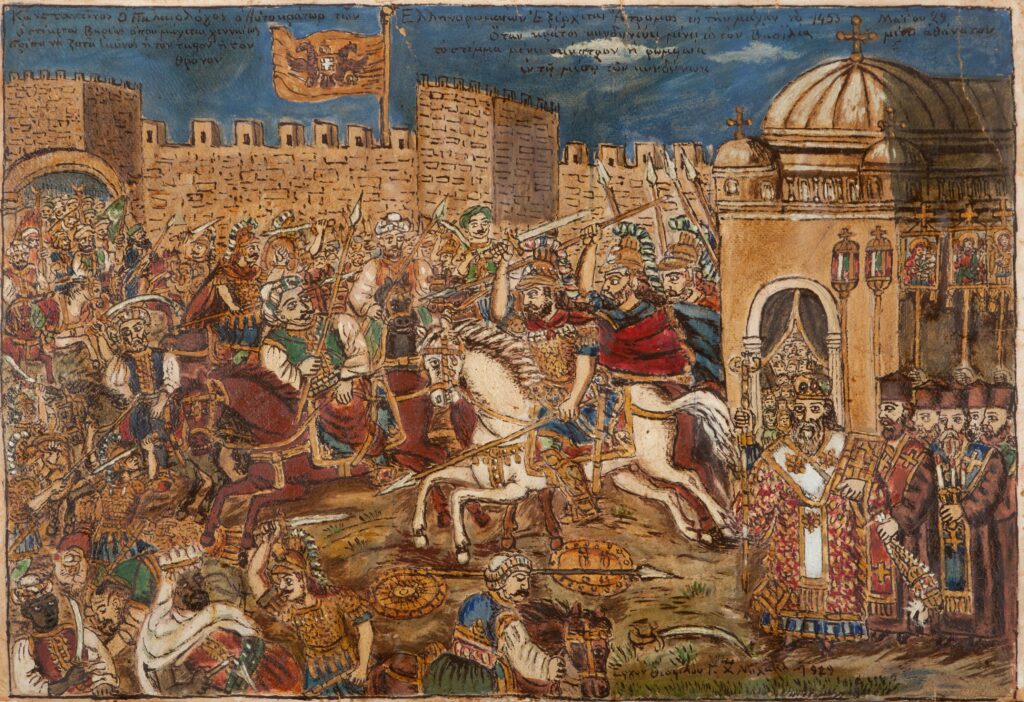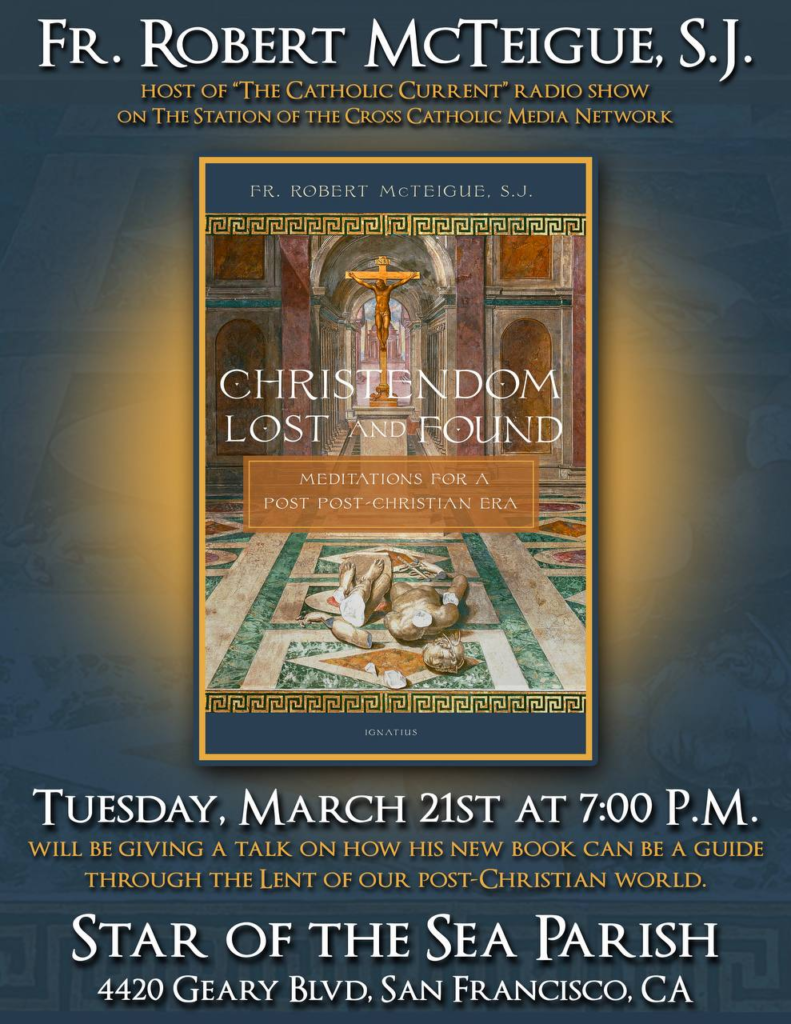Category Articles
Michael Warren Davis Responds to Fr. McTeigue

Michael Warren Davis responded to Fr. McTeigue’s New Oxford Review essay, The False Hope of a “More Apostolic Church”. Read the response on his Substack.
What Many Priests No Longer Believe
Lex orandi, lex credendi, lex vivendi. Loosely translated: “The norm of prayer governs the norm of belief; the norm of belief governs the norm of living.” Many priests nowadays (including myself) are asking, “What if there’s deficient lex in the orandi? Won’t that diminish the credendi and vivendi?”
I’ll summarize here the very many conversations I’ve had with numerous priests from across the country. These are faithful priests with a zeal for souls. Precisely because they are good shepherds, they’ve found themselves becoming increasingly bewildered and heartsick. Their pain now follows a predictable pattern. Their anguish and discouragement spikes on weekends, when they must offer Masses with their congregations. Why?
The False Hope of a “More Apostolic Church”
Here’s a misleading phrase: “You can’t turn back the clock.” At face value, it’s unobjectionable. Apart from science fiction, humans experience time only as flowing forward. Time cannot be undone.
As part of a rhetorical strategy, “You can’t turn back the clock” can be deployed to show that however intense the nostalgia for the putative original innocence of the “Good Old Days,” we can’t get there from here. Fair enough. In this sense, history is replete with instances of people trying — and failing — to “turn back the clock.” A perusal of the list of “communes,” both religious and secular, that ostensibly were established to show the human race how to return to Paradise would suffice to illustrate the point.
Read the New Oxford Review essay.
Join Father McTeigue for a talk on his new book, ‘Christendom Lost and Found’

Resistance Writer — Touchstone Magazine
The most poignant of the unwittingly revealing prefaces of a story that ends badly begins with, “All I wanted was . . . ” This morning, as I was oscillating between the dozing and waking states, there popped into my stream of consciousness the recognition that maybe —just maybe —on a day in which I had nothing else scheduled, I could get some writing done, without interruptions. Fortunately, I’ve a place I can get away to occasionally, as near to a scriptorium as I can hope to find within easy reach. (That fact alone qualifies me for cosmic wrath. Who am I to upset the balance of nature by striving for an unqualified good?)
Read this essay in Touchstone Magazine.
Retrieving What Has Been Lost: An Interview with Fr. Robert McTeigue, S.J.

“This book was written as kind of a ‘war journal’ and a spiritual diary,” says the author of Christendom Lost and Found: Meditations for a Post-Post Christian Era, “As a result of writing this book, I have more confidence in God and less confidence in man.”
Read this essay at Catholic World Report.
McTeigue: Lent is here – and we need it more than ever

Lent? Again? Really?
Catholics of various stripes — including the fallen away, the alienated, the angry, the indifferent and the earnest —may be wondering why the Church is still marking the season of Lent at this late date in our secular culture.
Read this essay at The Boston Herald.
Preaching in a Time of Misdirecting Shepherds

Let’s start with the Gospel of Matthew, 10:26-32. There we can learn something about the general judgment. We’re all mindful (or should be) of our own particular judgment, but there is the general judgment where all will be revealed for the greater glory of God. It must be revealed for all not only that God is merciful, but that God is just and that God’s judgments are right and true.
Read this essay at Crisis Magazine.
Yes, Some Moral Acts Are Disordered—Here’s Why

“END WOMEN’S SUFFRAGE!”
According to legend, these words were emblazoned upon a sign at a booth taking signatures for a petition at a Lilith Fair, a popular summer concert series featuring female musicians. A comedian had set up the scam in order to demonstrate the alarming ignorance of the American electorate. The story goes that he collected hundreds of signatures, and no one was the wiser.
Read this essay at Catholic World Report.
Thoughtful Repartee About the Times — and How Christians Can Best Respond
Do we need Christendom?
First of all, what is it?
Jesuit Father Robert McTeigue offers two answers, a positive and a negative one.